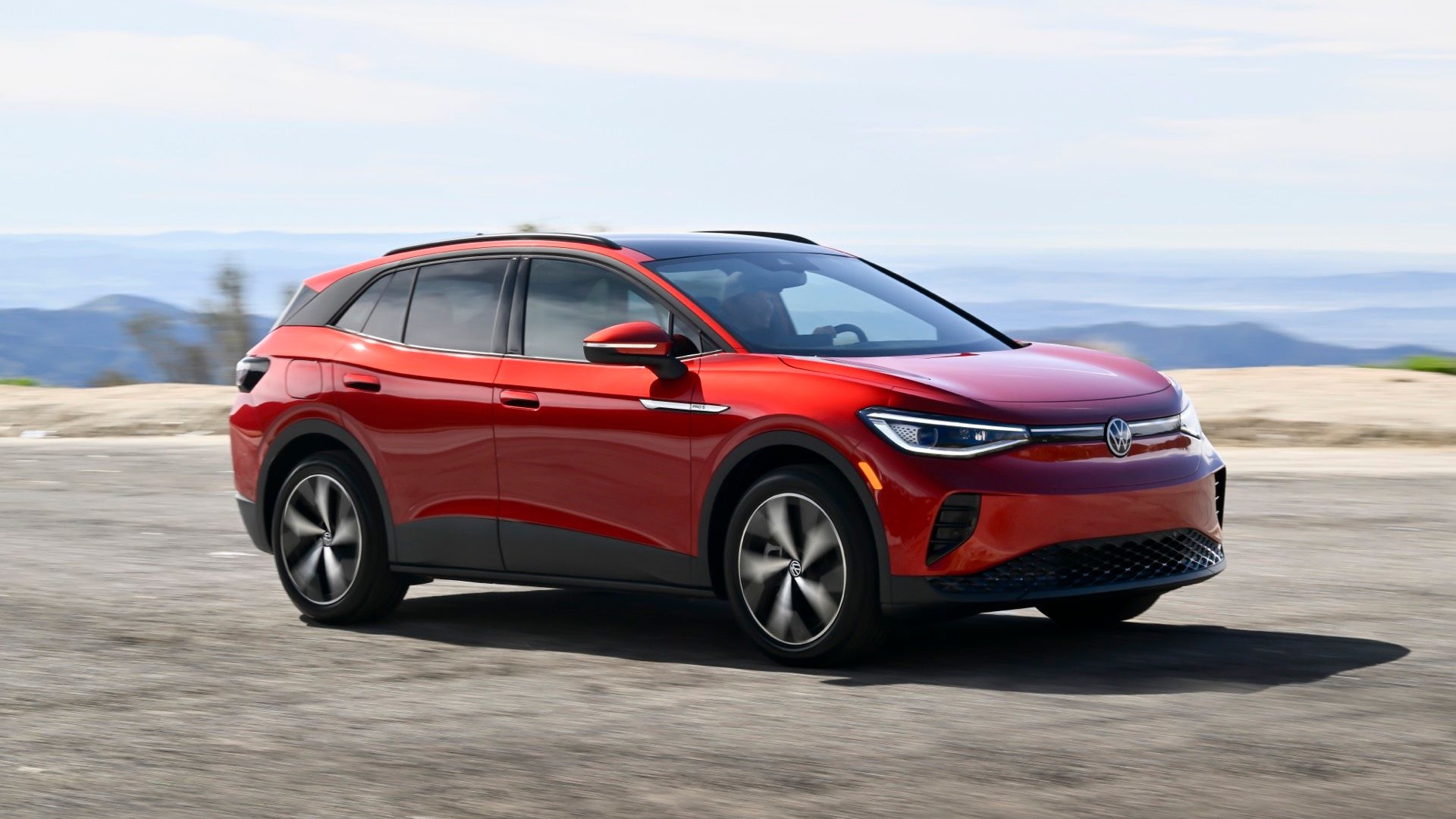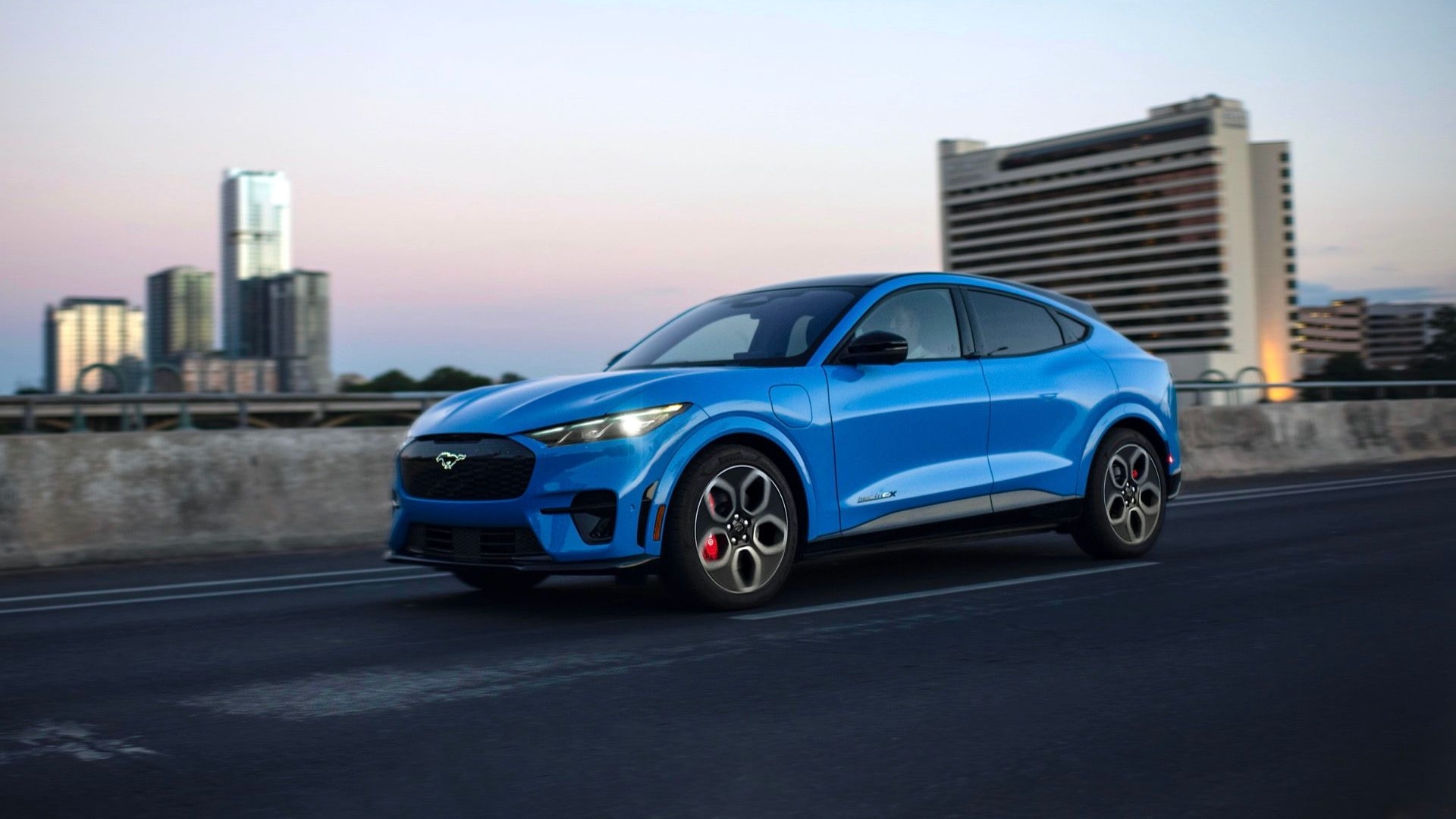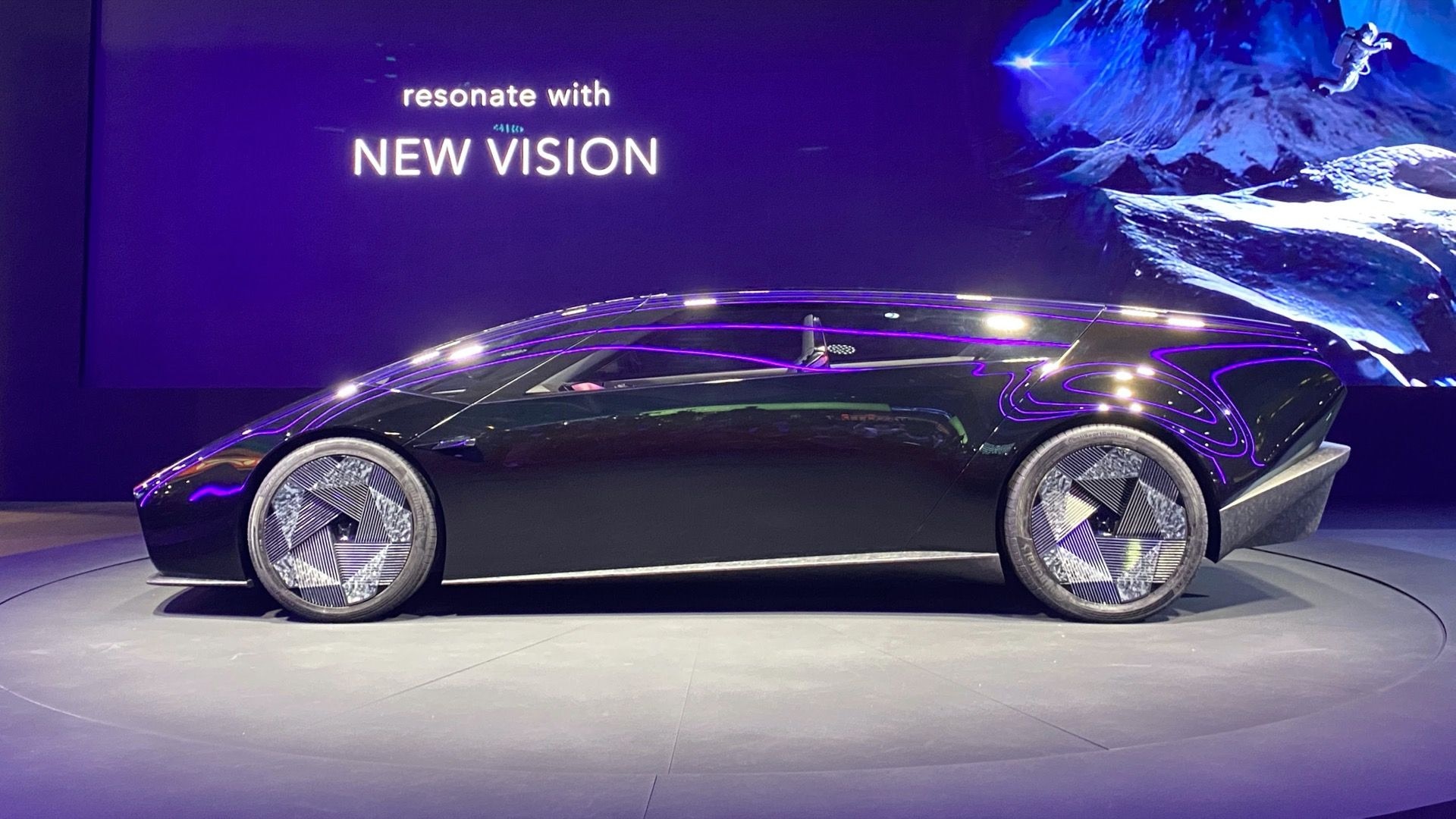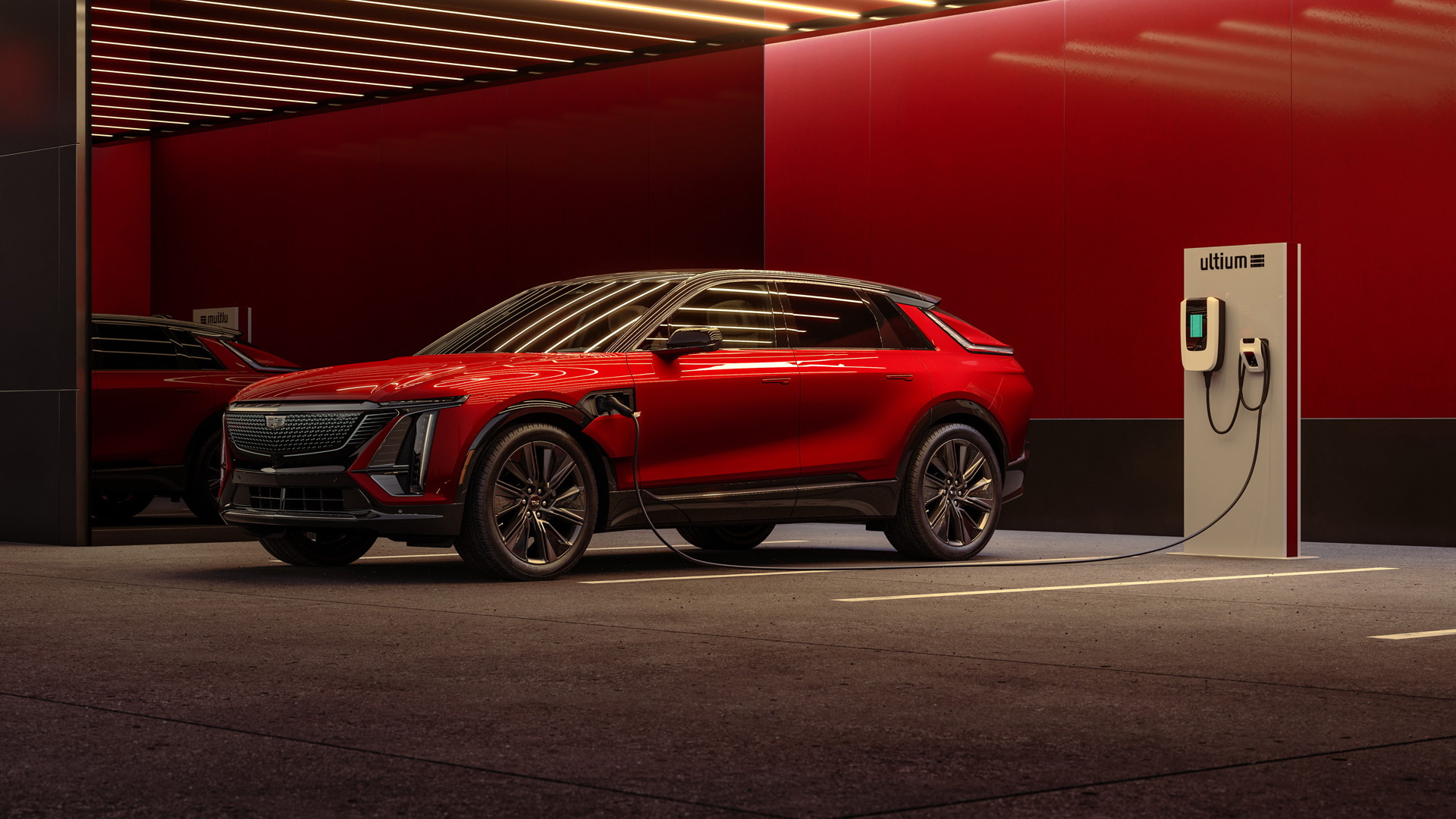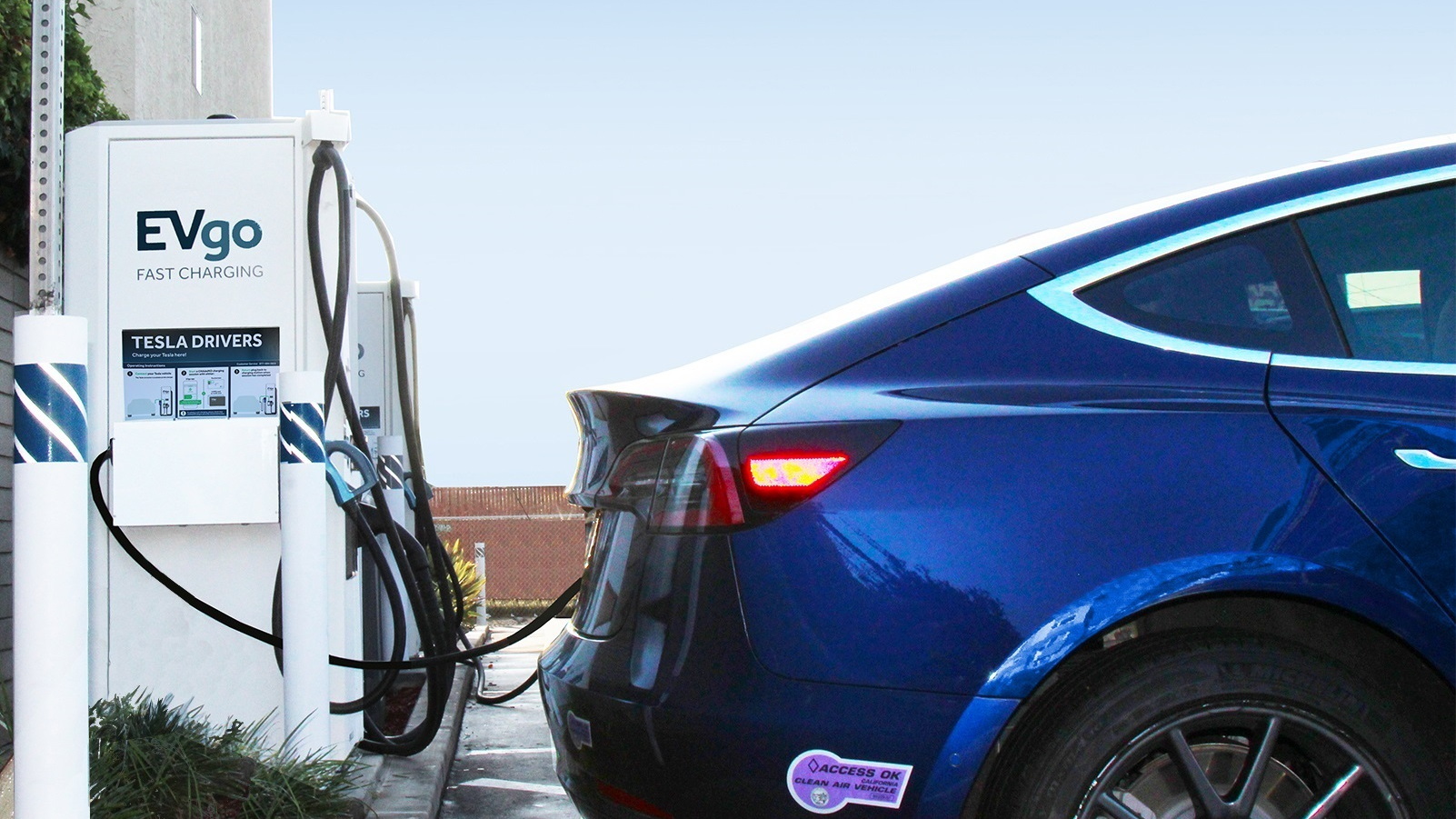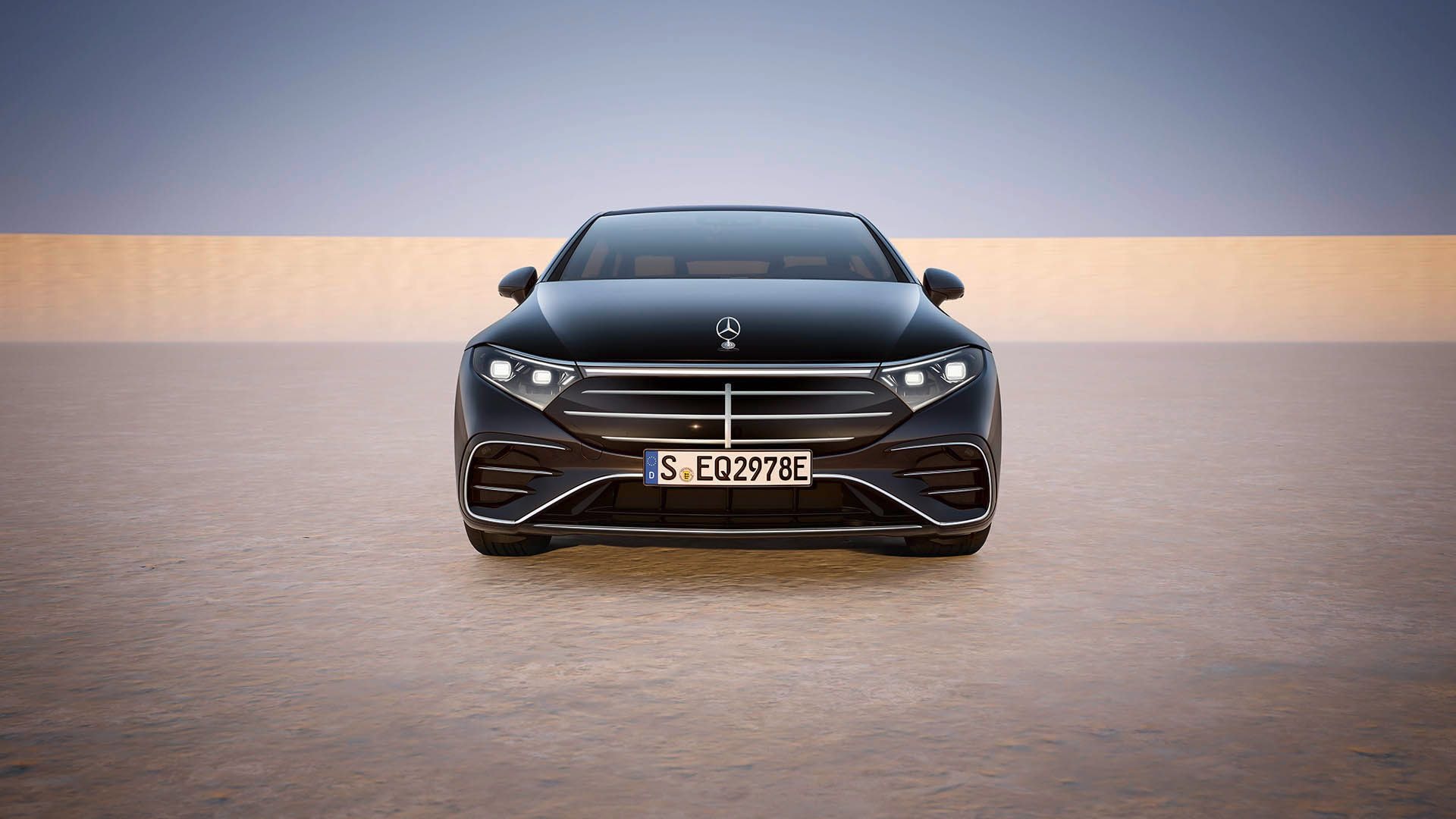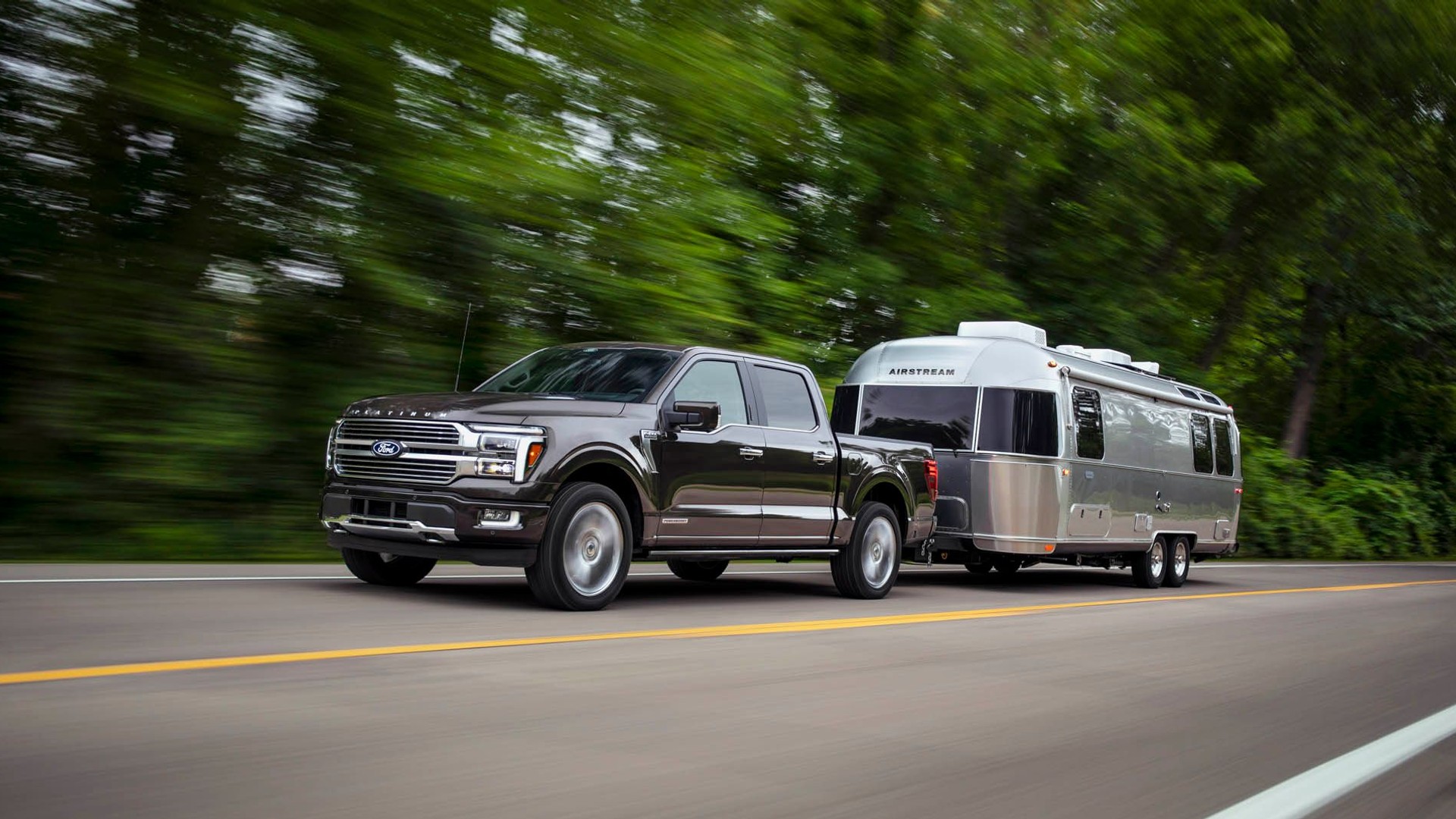Tesla Motors has said that its all-electric Model S sport sedan, scheduled to become available in late 2011, will initially have battery pack options offering either 165 or 230 miles of range. The company has further promised that a year after launch a third battery pack option will become available, yielding an incredible 300 miles of range!
J.B. Straubel, Tesla’s chief technical officer, said in an interview that the size of the third pack has not been finalized, but a range of 85 to 95 kilowatt-hours is possible. “We hesitate to print a number,” Mr. Straubel said. “It would be the biggest pack on the market, and we’re designing and building it ourselves.”
The three-hundred mile pack, assuming today's technology, would be unprecedented in terms of size, weight, and cost. Needless to say, some are skeptical that it will ever be delivered. Dick DeVogelaere, chief vehicle engineer for Magna International on the Ford battery car project, scheduled for 2011 production, was quoted saying “It would take a pickup truck to haul that battery around. It would probably weigh in excess of 1,000 pounds, maybe 1,200.” Mr. DeVogelaere also predicted that the cost would be three times that of a standard pack. “It’s all about mass,” he said. “If Tesla has a way to make it very light, maybe they can get there. But they would need some major breakthroughs — it would be difficult based on existing technology.”
Also expressing some doubts is Paul Wilbur, president and chief executive of Aptera, which is building a it's own vehicle for release later this year. “That’s a whopper pack...Even if a pack like that was 50 cents a watt-hour, it would be a $45,000 battery, and unbelievably expensive and unbelievably heavy — maybe 1,800 pounds.” He predicted that it would have very long recharge times even with 220-volt service, but went on to concede that a technical breakthrough could “throw everything I just said out the window,” and he cited a new $100 million factory General Electric is building in upstate New York to make sodium-nickel-chloride batteries (initially for locomotives and other heavy-duty applications) with what Mr. Wilbur said is “higher energy density than anything in the lithium family.”
Although he declined to put a price on the forthcoming battery pack, Mr. Straubel said, “It will definitely not be some off-the-wall price, not $100,000. It will be in line with overall vehicle pricing.” In a Design News article last month Mr. Straubel said he thinks the cost can be reduced to $300 a kilowatt-hour, putting the pack “in the ballpark” of $18,000.
He also pointed out that Tesla has more than three years to make the 300-mile pack a reality, that battery technology is improving roughly 8 percent a year, and that energy density has doubled in the last 10 years. By 2015, Mr. Straubel predicted, the cutting edge for automotive battery packs will be 350-370 miles of range.[SOURCE:The New York Times]




